The answer is not a straightforward yes or no, as it depends on the brand and ingredients used. Potatoes are naturally gluten-free, so if a potato chip is made with just potatoes, oil, and salt, it should be gluten-free. However, many brands add seasonings, flavorings, and other ingredients that may contain gluten.
If you’re on a gluten-free diet, choose your potato chips carefully. Many brands add seasonings, flavorings, and other ingredients that may contain gluten.
It’s essential to read the label carefully and look for gluten-containing ingredients, such as wheat, barley, or rye. Some brands may also have a “gluten-free” label on their packaging, indicating that they have been tested and certified to contain less than 20 parts per million (ppm) of gluten, which is considered safe for most people with celiac disease or gluten intolerance.
Overall, if you’re unsure whether a particular brand of potato chips is gluten-free, it’s best to research and read the label carefully. While some brands may be safe to consume, others may contain gluten or be processed in a facility that processes gluten-containing foods. By being vigilant and informed, you can still enjoy a tasty bag of potato chips while sticking to your gluten-free diet.
Do’s and Dont’s when choosing gluten-free potato chips
Dos
- Read the label: Look for chips explicitly stating they are “gluten-free” on the packaging. Also, check the ingredients list to ensure no gluten-containing ingredients or potential cross-contamination risks.
- Look for certified products: Gluten-free certification from reputable organizations, such as the Gluten-Free Certification Organization (GFCO) or the National Celiac Association, can provide added safety assurance.
- Check for dedicated facilities: Chips made in dedicated gluten-free facilities are less likely to have cross-contamination issues. Look for this information on the packaging or the manufacturer’s website.
- Choose plain varieties: Opt for plain, unflavored potato chips as they are more likely to be gluten-free than flavored varieties. Flavorings, seasonings, and additional ingredients can sometimes contain gluten.
- Research brands: Some brands specialize in producing gluten-free snacks, including potato chips. Please scroll down for more info about some of our favorite brands.
Don’ts
- Assume all potato chips are gluten-free: Not all potato chips are gluten-free. Avoid assuming that all varieties are safe without checking the packaging or confirming with the manufacturer.
- Overlook shared equipment risks: Even if a potato chip product doesn’t contain gluten ingredients, it may be manufactured in a facility that processes gluten-containing products. Be cautious if the label mentions shared equipment or potential cross-contamination.
- Rely solely on “wheat-free” labels: While “wheat-free” indicates the absence of wheat, it doesn’t necessarily mean the product is gluten-free. Gluten can be found in other grains like barley or rye, so look for explicit gluten-free labeling.
- Neglect reading updated labels: Ingredients and manufacturing processes can change over time, so it’s important to check labels each time you purchase potato chips, even if you’ve bought the same brand before.
- Disregard your personal sensitivity: If you have celiac disease or a severe gluten intolerance, it’s crucial to be extra vigilant. Consult with a healthcare professional or a registered dietitian for personalized advice.
Understanding Gluten
Gluten is a protein found in wheat, rye, and barley. It’s what gives dough its elasticity and helps bread rise. Gluten is also found in many other foods, including pasta, crackers, and cereal.
For people with celiac disease or gluten intolerance, consuming gluten can cause serious health problems. Celiac disease is an autoimmune disorder that damages the small intestine when gluten is consumed. Even small amounts of gluten can cause damage to the small intestine, leading to malabsorption of nutrients and other health problems.
It’s important to note that oats are often contaminated with gluten during processing, so they should be avoided unless they are certified gluten-free.
The FDA has established a standard of 20 parts per million (ppm) for gluten in foods labeled “gluten-free.” This means that foods with less than 20 ppm of gluten can be labeled as gluten-free.
If you’re looking for gluten-free potato chips, be sure to check the ingredients list for any gluten-containing ingredients, such as wheat flour. It’s also a good idea to look for products that have been certified gluten-free by a reputable organization, such as the Gluten-Free Certification Organization (GFCO).
In summary, gluten is a protein found in wheat, rye, and barley, and should be avoided by people with celiac disease or gluten intolerance. Oats should be avoided unless they are certified gluten-free. When looking for gluten-free potato chips, check the ingredients list and look for products that have been certified gluten-free by a reputable organization.
Potato Chips and Ingredients
Regarding potato chips, the ingredients used in their production are critical. If you’re wondering whether potato chips are gluten-free, it’s essential to understand the ingredients used in their manufacture.
Potato chips are made from potatoes, oil, and salt. The potatoes are usually sliced thinly and then fried or baked. The oil used in frying can come from various sources, such as sunflower, canola, or corn oil. Sea salt is the most common type of salt used in potato chips.

If you’re looking for gluten-free potato chips, you should check the label to ensure that no gluten-containing ingredients are used. Some brands use wheat flour or malt vinegar in their seasoning, which contains gluten.
It’s worth noting that some potato chip brands use additional ingredients, such as cheese, bacon, or sour cream, which may not be gluten-free. Additionally, some brands may use cross-contaminated equipment, which could lead to gluten contamination.
If you’re sensitive to gluten, it’s best to stick to plain potato chips or those with minimal seasoning. Some brands offer potato chips made with ground corn, which are naturally gluten-free. You can also make your own potato chips at home using mashed potatoes or potato skins.
In conclusion, potato chips can be gluten-free if they are made with the right ingredients and processed in a gluten-free facility. Always check the label and ingredient list to ensure that the potato chips you’re consuming are gluten-free.
Gluten-Free Potato Chips
If you’re looking for gluten-free potato chips, you’re in luck – there are many brands and options available!
It’s important to note that not all potato chips are gluten-free, so it’s important to check the label before purchasing.
One way to ensure that your potato chips are gluten-free is to look for the “certified gluten-free” label on the packaging. This means that the product has been tested and verified to contain less than 20 parts per million (ppm) of gluten, which is the threshold for a food to be considered gluten-free.
Two popular brands that offer certified gluten-free potato chips are Late July and Kettle Brand. Late July offers a variety of organic potato chips in flavors like Sea Salt, Jalapeno Lime, and Purple Corn. Kettle Brand offers a wide range of potato chips, including flavors like Sea Salt, Salt & Vinegar, and Honey Dijon.
If you’re looking for gluten-free tortilla chips, you can find options made from corn or blue corn. Late July also offers certified gluten-free tortilla chips in flavors like Sea Salt, Lime, and Nacho Chipotle.
Overall, there are many gluten-free options available when it comes to potato and tortilla chips. Just be sure to check the label and look for the “certified gluten-free” label to ensure that the product meets the necessary standards.
Popular Brands and Their Gluten Status
When it comes to potato chips, many popular brands are gluten-free. Here’s a breakdown of some of the most popular brands and their gluten status:
Ruffles
Ruffles potato chips do not contain any gluten ingredients and are considered gluten-free.
Doritos
Most Doritos flavors contain wheat flour in the ingredients, making them not gluten-free. However, the company has introduced a gluten-free Doritos line, including flavors such as Nacho Cheese and Cool Ranch.
Lay’s
Most Lay’s chips are gluten-free, but a few flavors contain gluten ingredients, such as Lay’s Stax Bacon & Cheddar Potato Skins and Lay’s Wavy Original Potato Chips.
Tostitos
Tostitos chips are gluten-free, except for a few flavors that contain wheat ingredients, such as Tostitos Scoops! Tortilla Chips.
Frito Lay
Frito Lay is the parent company of many popular chip brands, including Fritos, Cheetos, and Ruffles. Most Frito Lay chips are gluten-free, but some flavors contain gluten ingredients. It’s always best to check the label to be sure.
Pringles
Most Pringles flavors are gluten-free, but some contain wheat ingredients. The company states that any flavors that contain gluten ingredients will be clearly labeled on the packaging.
Utz
Utz potato chips are gluten-free and are made in a dedicated gluten-free facility.
Deep River
Deep River chips are gluten-free and are made in a facility that is certified gluten-free.
Food Should Taste Good
Food Should Taste Good chips are gluten-free and are made in a facility that is certified gluten-free.
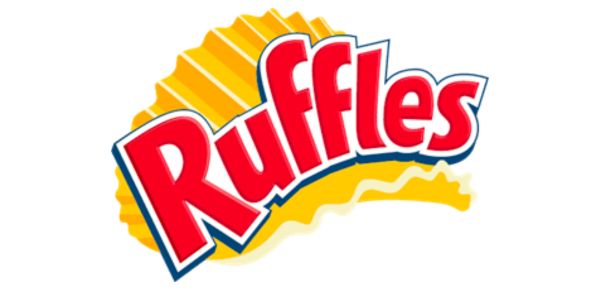
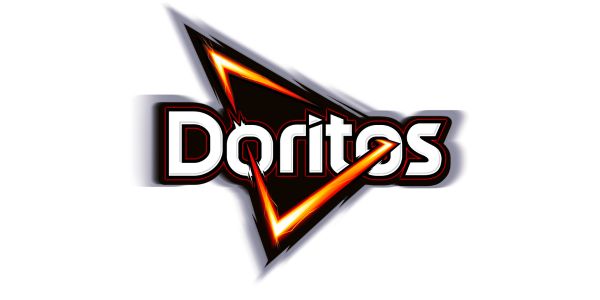
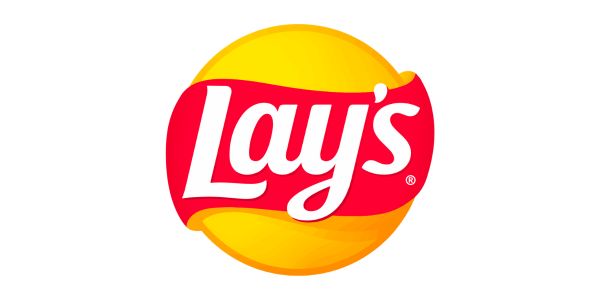
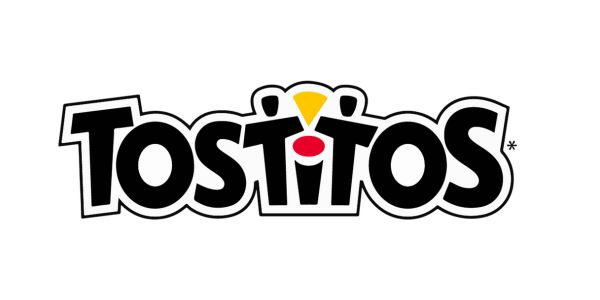
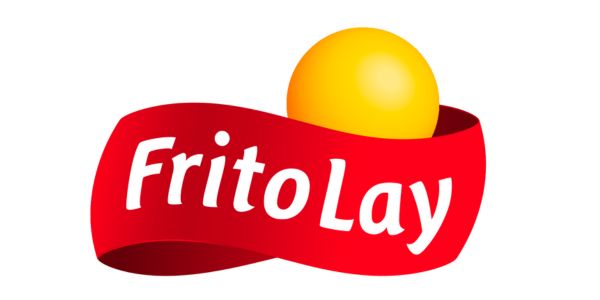
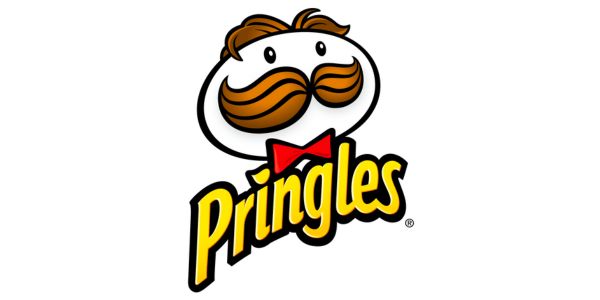
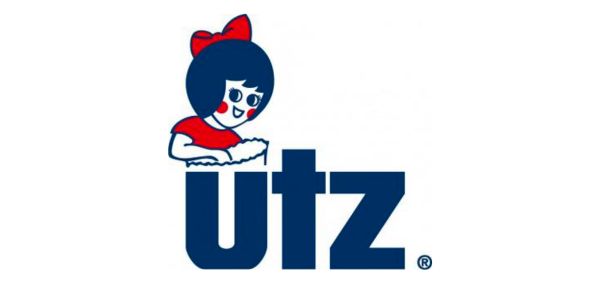
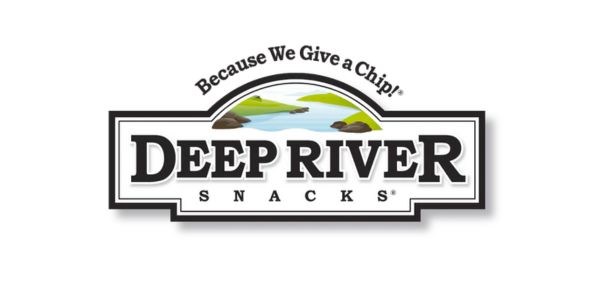
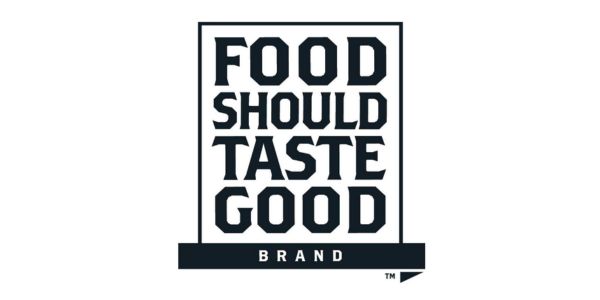
Overall, there are many popular brands of potato chips that are gluten-free. However, it’s always important to check the label to be sure, as some flavors may contain gluten ingredients.
Potential Cross-Contamination
When it comes to gluten-free products, cross-contamination is always a concern. Even if potato chips are made without gluten-containing ingredients, they can still be contaminated during the manufacturing process. Here are a few factors to consider when it comes to potential cross-contamination with potato chips:
Facilities: Potato chips are often made in facilities that also process other products. This means that there is a risk of cross-contamination if gluten-containing products are also made in the same facility. However, many manufacturers have dedicated facilities or production lines for gluten-free products to minimize this risk.
Equipment: The equipment used to make potato chips can also be a source of cross-contamination. If the same equipment is used to process gluten-containing products, there is a risk of gluten contamination. Manufacturers may use separate equipment or have a cleaning process in place to reduce this risk.
Packaging: The packaging process can also be a source of cross-contamination. If the same packaging equipment is used for both gluten-containing and gluten-free products, there is a risk of gluten contamination. Manufacturers may use separate packaging equipment or have a cleaning process in place to reduce this risk.
It’s important to note that even if a manufacturer takes steps to minimize the risk of cross-contamination, there is still a chance that a product may contain gluten. If you have celiac disease or a gluten sensitivity, it’s important to read labels carefully and contact the manufacturer if you have any questions or concerns.
Understanding Food Labels
When it comes to determining whether potato chips are gluten-free, understanding food labels is crucial. Food labeling regulations require that manufacturers list all ingredients on the label, making it easier for you to identify any potential allergens or gluten-containing ingredients.
Here are some tips to help you read and understand food labels:
In summary, understanding food labels is essential when it comes to determining whether potato chips are gluten-free. Look for allergen warnings, watch out for malt vinegar and flour, consider other grains, be cautious of cross-contamination, and know your alternatives.
Alternative Gluten-Free Snacks
If you’re looking for gluten-free snack options, there are plenty of alternatives to potato chips that you can enjoy. Here are a few options to consider:
When it comes to snacking, there are plenty of gluten-free options available. By choosing alternatives like veggie chips, popcorn, and plantains, you can enjoy a variety of tasty and satisfying snacks without worrying about gluten.
Final thoughts 💭
In conclusion, potato chips can be gluten-free, but it depends on the brand and the manufacturing process. If you have celiac disease or a gluten sensitivity, it is essential to read the label and check for any gluten-containing ingredients.
Some brands of potato chips are certified gluten-free by organizations such as the Celiac Disease Foundation. These brands use dedicated facilities and equipment to ensure that there is no cross-contamination with gluten-containing products.
However, other brands may have cross-contamination risks due to shared equipment or facilities. It is crucial to research the brand and contact the manufacturer if you have any doubts about their products’ gluten-free status.
Overall, potato chips can be a safe snack option for those with celiac disease or gluten sensitivity, but it is essential to be cautious and informed. By reading labels, researching brands, and contacting manufacturers, you can make informed decisions about what snacks are safe for you to consume.
Frequently Asked Questions
Are Kettle Brand Potato Chips Sea Salt gluten-free?
Yes, Kettle Brand Potato Chips Sea Salt are gluten-free. They are made with only three ingredients: potatoes, oil, and sea salt. They are also certified gluten-free by the Gluten-Free Certification Organization (GFCO).
Are Terra Vegetable Chips gluten-free?
Some Terra Vegetable Chips are gluten-free, but not all. These flavors are gluten-free: Original, Blues, Sweets & Beets, Exotic Harvest, and Mediterranean. However, other flavors, such as Sweet Potato, Yukon Gold, and Taro, contain gluten.
Are Cape Cod Cooked Kettle Potato Chips gluten-free?
Yes, Cape Cod Cooked Kettle Potato Chips are gluten-free. They are made with only three ingredients: potatoes, oil, and salt. They are also certified gluten-free by GFCO.
Are Kibo Lentil Chips Spicy Ranch gluten-free?
Yes, Kibo Lentil Chips Spicy Ranch are gluten-free. They are made with lentil flour, potato starch, and rice flour, among other ingredients. They are also certified gluten-free by GFCO.
Are Popcorners Popped Corn gluten-free?
Yes, Popcorners Popped Corn is gluten-free. They are made with only three ingredients: popcorn, oil, and salt. They are also certified gluten-free by GFCO.

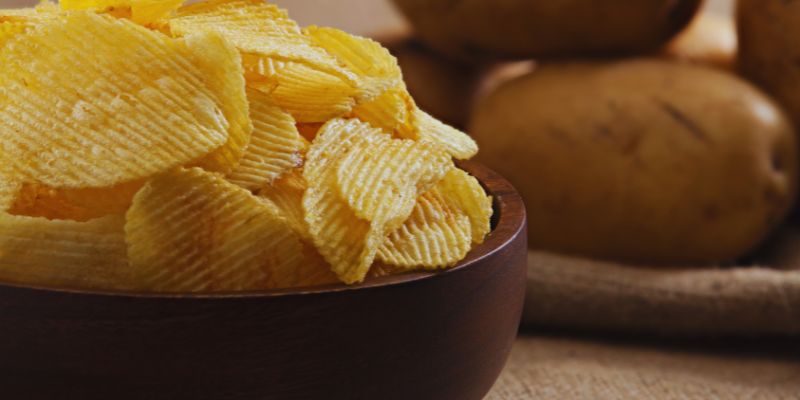



Leave a Reply